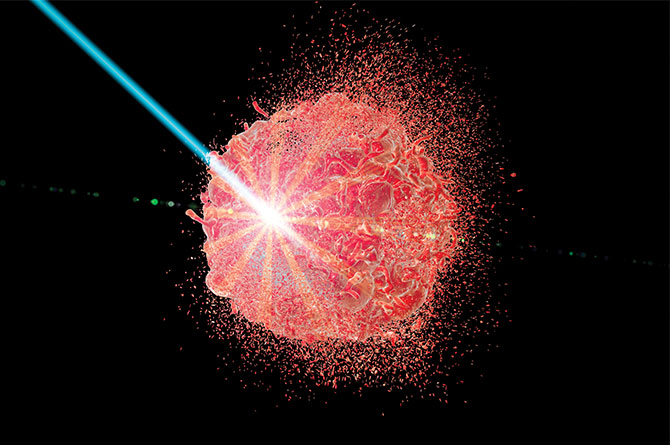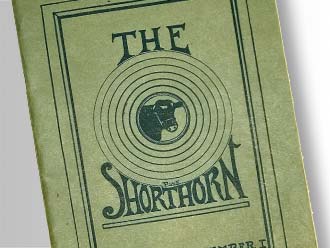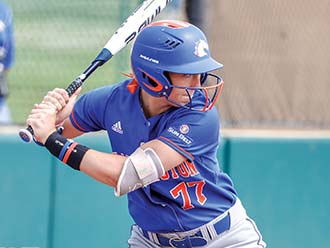The battle against cancer got a major push in 2018 thanks to the efforts of UTA’s multidisciplinary team of researchers working on the cause.
Wei Chen, physics professor and inventor, developed a nanoparticle material that can be activated by light, microwave, X‑ray, or ultrasound to kill multiple cancers. UTA was awarded U.S. and international patents for the material, which is low-cost, easy to manufacture, and creates fewer side effects.
Meanwhile, UTA biochemists are mapping the function of specific enzymes that may facilitate the development of new drugs to fight cancer and other diseases. Associate Professor Brad Pierce, who leads the project, received a $429,033 National Institutes of Health grant to continue his work retro-engineering the sulfur oxidation process and mapping the chemical mechanism of key enzymes to provide the necessary framework to develop effective therapies and drugs for different disease states.
In the College of Nursing and Health Innovation, researchers have developed a new nanoparticle-based platform for simultaneous imaging and treatment of esophageal cancer. Zui Pan, associate professor of nursing and a leading esophageal cancer researcher, leads the UTA side of the study. It is her second recent breakthrough in esophageal cancer research. Last fall, she published a study in the Federation of American Societies for Experimental Biology Journal showing that zinc can inhibit the growth of esophageal cancer cells.
Another breakthrough came in the Department of Bioengineering, with Professor Liping Tang’s implantable medical device that attracts and kills circulating cancer cells. This cancer trap, which essentially works like a roach motel, can be used for early diagnosis and treatment of metastasized cancer. UTA patented the technology in Europe.
“UTA’s scientific expertise across basic cancer research, identification, and diagnostics and noninvasive, midterm, invasive and post-operative therapies is accelerating dramatically,” UTA President Vistasp Karbhari says. “By assembling a world-class team, we hope not only to make transformative advances in key areas related to cancer, but also to provide the highest level of educational and research experiences to our students.”
Health and the Human Condition
Global Environmental Impact
Sustainable Urban Communities
Data-Driven Discovery



